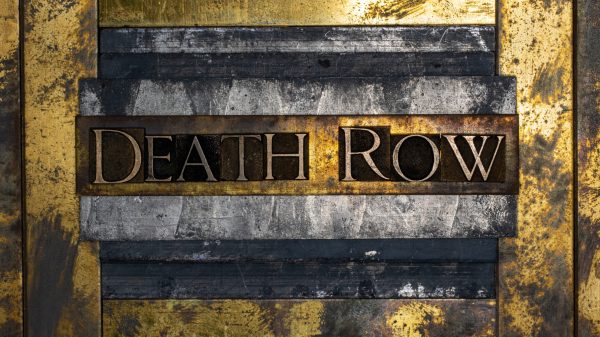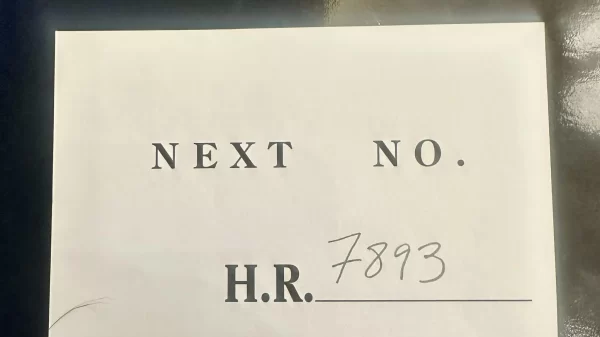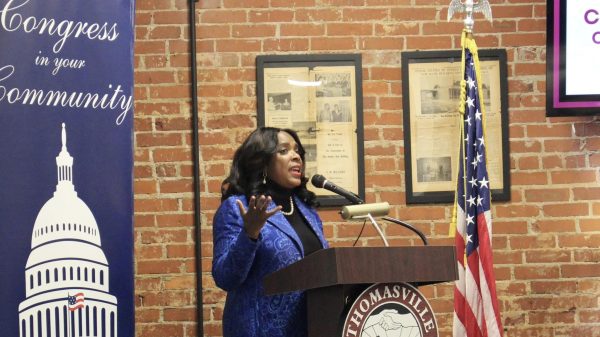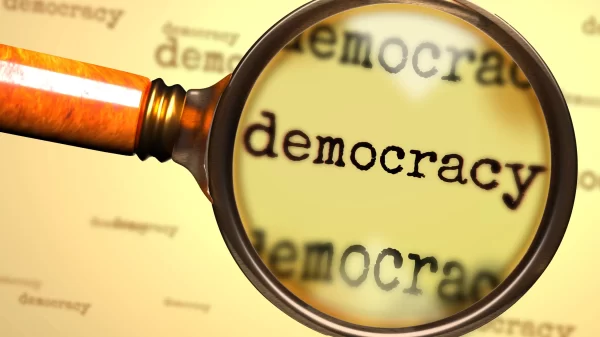By Josh Moon
Alabama Political Reporter
The reckoning day is here.
After ignoring years of warnings and threats from activists and federal officials over Alabama’s abhorrent prison situation – they are simultaneously overcrowded, understaffed, thoroughly unable and/or unwilling to provide adequate mental health and health care services and decrepit – the first shoe dropped Tuesday morning, when Federal Judge Myron Thompson issued a lengthy ruling excoriating the prison’s mental health services.
Thompson did not mince words, calling the State prisons’ mental health services “horrendously inadequate.” And in a harbinger of problems to come, Thompson also spent some time in the ruling knocking around both the overcrowding and understaffing problems.
In the end, Thompson held back on assigning a remedy, choosing instead to allow the parties involved – the Southern Poverty Law Center, which brought the suit on behalf of an inmate, and the Alabama Department of Corrections – to work together on an acceptable remedy for the myriad issues Thompson cited.
“As bad as this was, it could have been much worse for us,” said State Sen. Cam Ward, who has led the Legislative efforts the last few years to address the State’s prisons problems.
Ward’s efforts, along with others, to revamp sentences and pull back on mandatory minimums and the jailing of nonviolent offenders has significantly reduced the prisoner population.
“We have made a lot of progress, but we knew it wasn’t enough,” Ward said. “We all knew this was coming. I wish we had gotten out in front of it, but we didn’t. We’re very fortunate that Judge Thompson is giving us a chance to work this out.”
However, that won’t be a painless process.
Immediately, Ward said he believes Thompson’s concerns over mental health staffing will cost Alabama somewhere around $25 million annually.
And that’s just one piece.
Currently before the same federal court is another lawsuit over the State’s alleged inadequate health care services – a suit most legal experts expect the State to lose. That one could also cost upwards of $20 million per year.
Then there’s the overcrowding issue, which was addressed by Thompson. Ward said he doesn’t believe a plan for mental health corrections will be accepted by Thompson without some proposed solution to the packed prisons. That’s where the recent $845 million prison construction bill comes in.
Except, small problem, Ward – the sponsor of that bill – says it’s “dead.”
“I don’t know what we’ll get in a special session (which most lawmakers expect this fall), but it’ll be a different bill,” Ward said. “The old prisons bill is dead and it ain’t coming back.”
Ward said he expects the Legislature will be removed from the process altogether. In its place, ADOC will simply determine which prisons need to be built and then contract with private companies to build those prisons, which would be leased to the state upon completion.
“I’ve always maintained that this could be done without the Legislature,” Ward said. “It’s not the best way to do it, but it might be the only way. My fear is that it moves us closer to private prisons.”
Regardless, add in the expense of leasing new prisons.
And then there’s one more big hole: Understaffing.
Alabama has a severe lack of corrections officers, and recent problems within some of the State’s prisons, along with deplorable conditions, a general lack of safety and relatively low pay isn’t helping.
Ward said incentives have to be granted in order to retain officers and improvements made that will attract more.
That’s another $20 million-plus bill.
Add it all up and the state is looking at somewhere around an additional $100 million annually that has to be devoted to its prison system. And after years of cuts and layoffs and belt-tightening under GOP control, Alabama lawmakers can’t trim the fat from other areas in order to get the job done.
On top of that, two huge General Fund issues are staring at lawmakers – the end of BP oil spill money, which contributed $105 million to this year’s budget, and Medicaid funding increases caused by Republicans in Congress shifting more costs to the states. State lawmakers were so concerned about those two things last year that they left $93 million in the bank to cover those issues.
Regardless, revenue will have to come from somewhere.
“There are two options, really,” Ward said. “Either you gut some agency. Or you raise revenue – however that looks.”
At this point, that leaves three choices: Raise taxes, pass a gambling amendment of some form or do a combination.
In an election year, in a state that runs from taxes even when it shouldn’t, Option A isn’t likely. Very few conservative lawmakers will pitch a tax increase.
That leaves gaming, and, well, Alabama certainly knows this scene well: gambling would solve lots of short-term issues, the people seem to want it, it’s definitely going to happen, and then … nothing.
But this time, nothing can’t be the result.
“We have enough money that can be moved around that we can probably hold off for a year, but revenue is going to have to come into this,” Ward said. “If we don’t carry through and fix these issues, we’ll like California, when its prisons went into receivership.
“We do not want that.”


















































